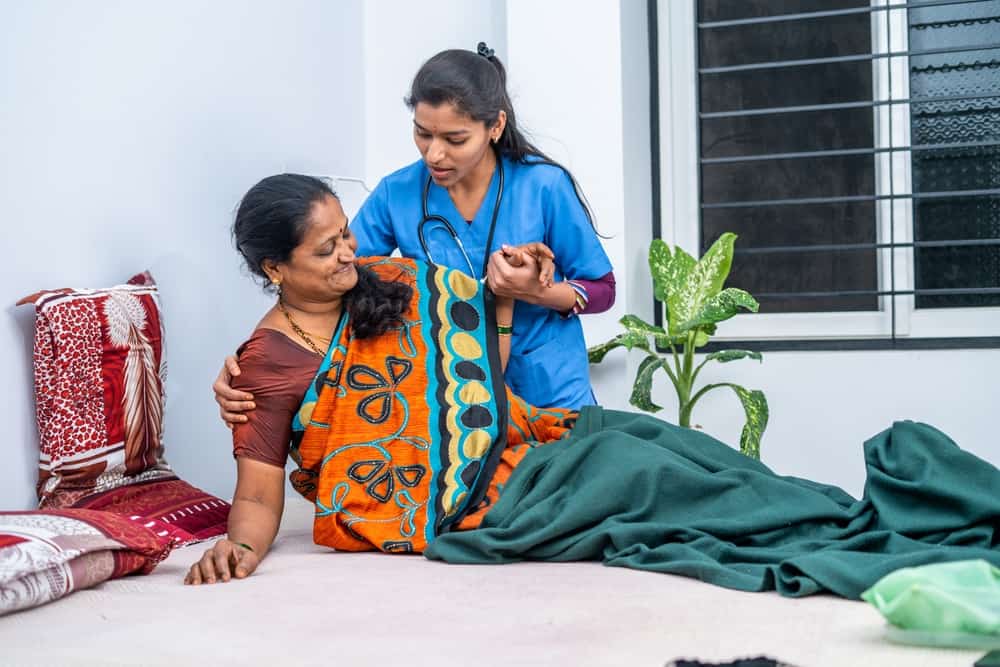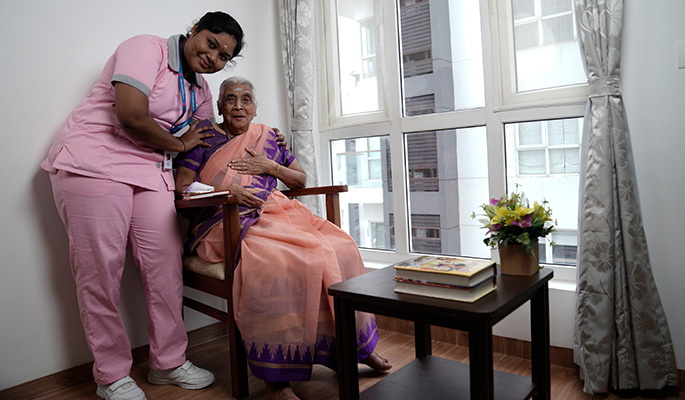Enhancing Healthcare in Bangladesh with Skilled Nursing Care
In Bangladesh, access to quality healthcare services, especially in rural areas, has been a longstanding challenge. However, the introduction and expansion of skilled nursing care services have been a significant step towards bridging this gap and improving healthcare outcomes across the country.
Skilled nursing care refers to specialized healthcare provided by registered nurses (RNs) or licensed practical nurses (LPNs) under the supervision of physicians. These professionals are trained to deliver a wide range of medical services, including administering medication, monitoring vital signs, wound care, and patient education. The implementation of skilled nursing care in Bangladesh has brought about several key benefits.
Firstly, skilled nursing care ensures that patients receive comprehensive and personalized attention. Unlike traditional healthcare settings where patients may only interact briefly with physicians, skilled nurses provide continuous monitoring and support, fostering a deeper understanding of patients’ needs and conditions. This holistic approach contributes to better treatment adherence and overall patient satisfaction.
Moreover, skilled nursing care plays a crucial role in managing chronic diseases, which are prevalent in Bangladesh. Nurses are trained to educate patients about their conditions, medications, and lifestyle modifications, empowering them to take control of their health and prevent complications. By offering ongoing support and guidance, skilled nurses help patients navigate the complexities of managing chronic illnesses, leading to improved health outcomes and reduced hospital readmissions.
Additionally, the availability of skilled nursing care has expanded access to healthcare services in underserved areas. Mobile nursing units and community health clinics equipped with skilled nursing staff bring essential medical care closer to remote villages, overcoming geographical barriers and ensuring that even the most marginalized populations receive timely and quality treatment.
Furthermore, skilled nursing care complements the existing healthcare infrastructure by easing the burden on hospitals and primary care facilities. By providing preventive care, managing non-emergency conditions, and offering home-based services, skilled nurses alleviate pressure on overcrowded hospitals, allowing physicians to focus on more critical cases.
In conclusion, the introduction of skilled nursing care in Bangladesh represents a significant milestone in the country’s healthcare landscape. By delivering personalized, comprehensive, and accessible medical services, skilled nurses are not only improving health outcomes but also empowering communities to lead healthier lives. As Bangladesh continues to invest in expanding and strengthening its healthcare workforce, the role of skilled nursing care will undoubtedly remain indispensable in ensuring equitable access to quality healthcare for all.





